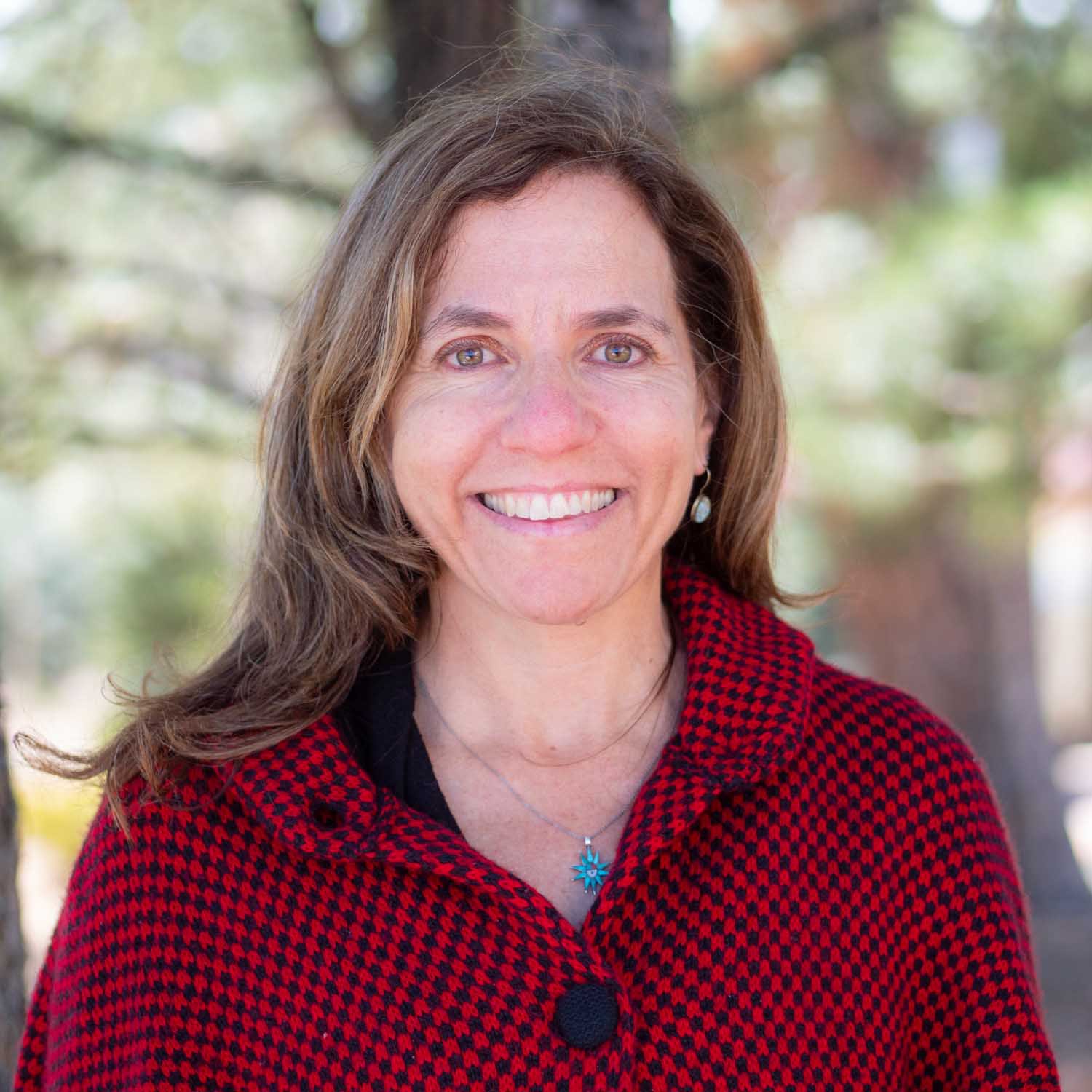
Equity and Justice Should Begin at Home
This commentary was originally published by The Regulatory Review. Reprinted with permission.
A citizen of the Laguna Pueblo, Deborah Haaland is the first Native American woman to serve as Secretary of the U.S. Department of the Interior.
Haaland will oversee the federal agencies that manage nearly 480 million acres of federal public lands, while the head of the U.S. Forest Service in the U.S. Department of Agriculture (USDA) manages the remaining 190 million acres.
Haaland and her colleague, Secretary of Agriculture Tom Vilsack, have a tall double-order ahead. In his flurry of first-day executive orders, President Joe Biden announced the entwined goals of addressing racial, economic, and other forms of injustice, as well as tackling the country's most serious environmental challenges. Reflecting these goals, during his confirmation hearing, Vilsack pledged to address "discrimination in all its forms across USDA agencies," and "to root out generations of systemic racism that disproportionately affects Black, Indigenous, and People of Color."
Haaland's biography itself reflects the promise of President Biden's goals. She was born in Winslow, Arizona to a Laguna Pueblo mother and a white father. After graduating from college, Haaland scraped by, working to support her young daughter …

Kamala Harris. Janet Yellen. Deb Haaland. Gina Raimondo. Marcia Fudge. Jennifer Granholm.
They’re making history as members of the largest group of women ever to serve on a presidential Cabinet. Haaland and Yellen are the first women in their positions, and Haaland is also the first Native American Cabinet secretary.
President Biden has appointed five additional women to Cabinet-level positions, including Cecilia Rouse as chair of the Council of Economic Advisors and Isabel Guzman as Small Business Administrator. Four of these five are Black, Asian American, or Latina. In total, women comprise nearly half of Biden’s Cabinet.
Women have been fighting for equality in this country for over a century — from the Seneca Falls Convention in 1848, to the Women’s Strike of 1970, to the Women’s March in 2017. For women who are Black American, Asian American, or Native American, the fight has …


To commemorate Women’s History Month, we’re interviewing women at the Center for Progressive Reform about how they’re building a more just America, whether by pursuing a just transition to clean energy, protections for food workers, or legal support for Native Americans. This week, we spoke with Sarah Krakoff, professor of law at the University of Colorado, Boulder, and an expert on Native American law, public lands and natural resources law, and environmental justice.
CPR: What motivated you to become an ally to Native Americans and equal justice in America? Is there historical context to this or a moment in history that stood out to you as motivation or inspiration?
SK: My commitment grew out of anti-poverty and civil rights work I did while in law school, which included a very cursory introduction to the unique status and rights of Native nations. But my understanding …
- 1 (current)



